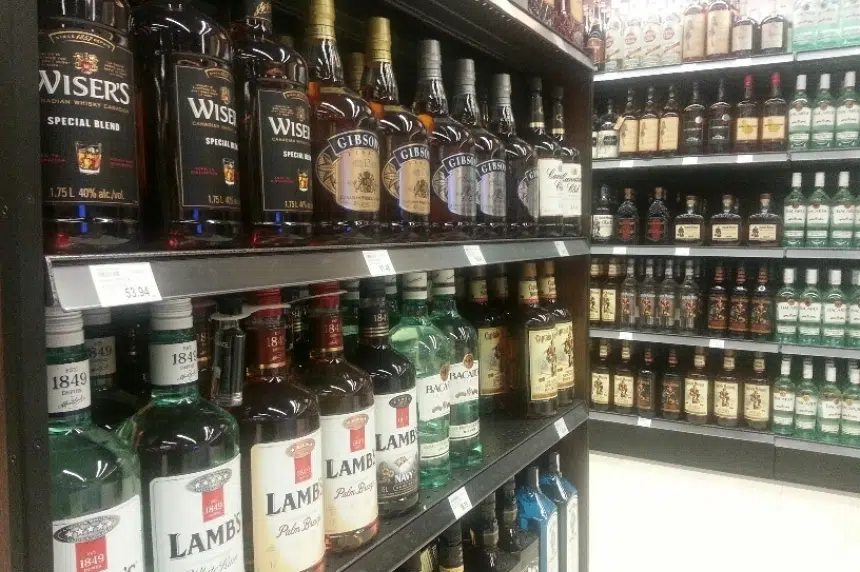Where you buy liquor in Saskatchewan may change in a few weeks.
On Oct. 8, a two-year moratorium on the sale of liquor retail store permits (RSP) will end in the province.
With that comes a new caveat — a RSP holder, such as a hotel with an offsale, can choose to move its permit to another location within the same municipality with local approval.
Gene Makowsky, the minister responsible for the Saskatchewan Liquor and Gaming Authority (SLGA), said there are more than 700 retail store permit holders in the province.
“(Previously) in order to get an offsale, there had to be a physical store attached to it. You had to have some capital investment attached to it, such as a restaurant, hotel,” Makowsky said.
The move is significant for large corporations such as Loblaws. The parent company of Real Canadian Superstores has already announced it will open liquor spaces in Regina, Saskatoon, Moose Jaw and Yorkton.
It’s implied the permits for those stores are being bought from a current holder, and can only take effect starting Oct. 8.
As for how the introduction of bigger players will impact the market, Makowsky said the diversity is akin to other retail environments.
“Consumers will decide whether they’re interested in supporting these types of businesses,” Makowsky said.
“If there’s smaller ones that continue, I anticipate that as well.”
Makowsky noted Saskatchewan has already made changes to liquor buying in order to facilitate a level playing field.
“They can access the wholesale price from SLGA warehouse,” he told Gormley. “The same opportunity to compete with everyone else.”
Right now, no new permits are slated to be announced in Saskatchewan, however, Makowsky hasn’t ruled out the possibility. He said the government process for determining whether more are needed in specific municipalities is currently under development.
As for the cost of a permit, the minister said that will be determined by the willing buyer and seller.
“From SLGA’s perspective, they would look at good character first of all. They would make sure (buyers) have no criminal record … no existing lawsuits,” he said.
“Also want to know, once you open up a store, the security features of that building.”
The minister explained in communities over 5,000 people, the RSP must be used for a stand-alone store, selling only liquor and related products.
Saskatchewan New Democrats aren’t sold, however, on the transaction model. SLGA critic Nicole Sarauer told 980 CJME their concerns lie with the liquor authority’s level of responsibility.
“SLGA has a role — and should have a role — in regulating those sales and those permit holders,” Sarauer said.
“We want to ensure that how it is done, is keeping public safety and public health in the forefront.”
She said most of the public concerns she’s heard revolve around the province’s liquor industry in general.
“It seems like decisions are being made seeking to benefit a few private interests,” she said.
The provincial NDP also reaffirmed its push for the protection of SLGA-owned liquor stores.
“They’re income generators for our province,” Sarauer said.
“The government could be doing much more in terms of modernizing the SLGA store that do exist. Instead, we’re seeing them pull away, expand the private liquor stores.”
Makowsky maintained the province is committed to keeping the existing 36 SLGA-owned liquor stores in Saskatchewan, at least until those agreements come to a close.











